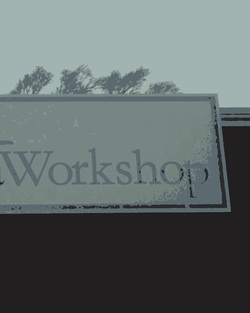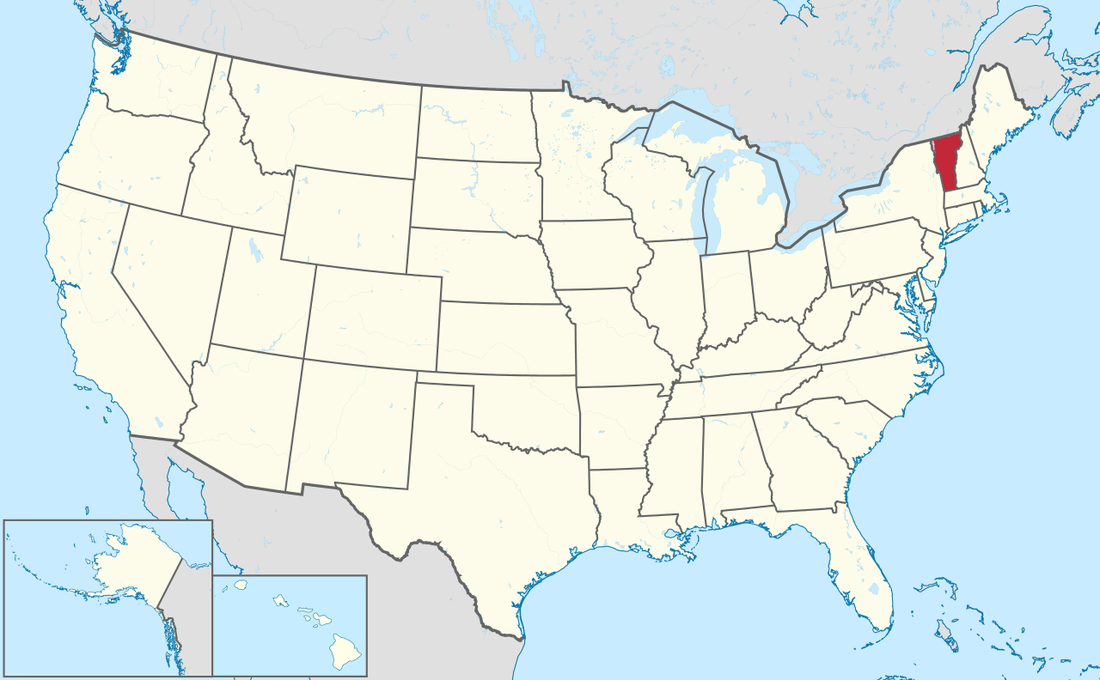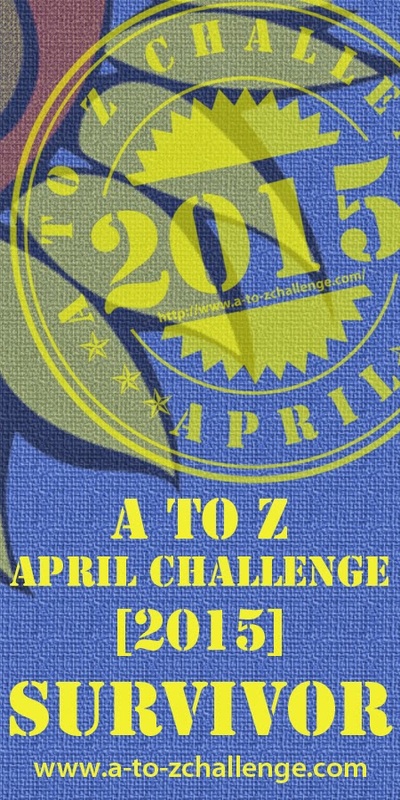You are an important person, the result of a complex mixture of characteristics that combine to form your personality. You have both positive and negative qualities – strengths and weaknesses – as well as personal likes and dislikes. This makes you totally unique and different from everyone else. You belong to the human family and yet you are an individual. You defy simple descriptions and labels because you are more than just a “type of person”. Each of us is convinced of our own worth. We each believe that the world would be changed forever if we were not present, and that is certainly true. We all play our respective roles in life, and without us things could not possibly be the same. These are the perceptions we embrace concerning our own lives.
|
Originally posted by Stephanie Holland 5/12/14 This is the opening paragraph to blog post by Michael Crawley - Saturday, March 22, 2014. The article goes on to talk about perceptions of people with developmental disabilities:
0 Comments
Originally posted by Stephanie Holland on 5/9/2014 A recent article, Forgetting not an option: Horrors at Willowbrook State School remembered at annual CSI lecture caught my eye for two reasons:
Josh, Marcus, and Josh all have had positive work experiences, however, each of them have faced challenges with finding employment placement as well, with varying levels of current success in that area.
An article about Vermont’s closing sheltered workshops has been making the rounds in social media lately. It’s a very well written piece – but one that has an obvious agenda: Make people believe that Vermont provides proof that sheltered workshops should be eliminated everywhere.
While I applaud the author for addressing the topic, I have a problem with how it can be (and apparently is being) misconstrued. Originally posted 5/2/14 by Stephanie Holland as the introduction to May's Job Month discussion. ADD YOUR VOICE TO OUR SURVEY A few weeks ago, there was a "landmark" decision about sheltered workshops that may end up signalling the end to all work opportunities that are deemed exclusive. I wrote about my initial thoughts in a previous post: Legal actions forced de-institutionalization and inclusion in schools. This IS a good thing - but not appropriate for everyone. Now, states and private companies are afraid of lawsuits and that is hindering their ability to provide services for those who really need them. Since then, we've had a discussion online in an IDSC group, and gotten more input from other parents. I've also created an online survey for anyone who is the parent/guardian of an adult with Down syndrome to share their thoughts.
We've gotten 21 responses so far and the results are mixed. The survey asks about personal experience and thoughts about whether "sheltered" environments are exploiting our loved ones and should be eliminated. So far, 7 people think yes, they are bad in every sense and better alternatives should be created. However, 14 respondents aren't so sure that this is the way to go. Originally posted 4/18/14 by Stephanie Holland Recent activity in the courts and on Ds social media has focused on the issue of doing away with sheltered workshops. I'd like us, as a community, to come up with a statement that says what we think and how we feel. Here are my initial thoughts. Please feel free to critique and add yours to them. We hope to have a comprehensive statement on the issue for next month when we focus on jobs as the topic of the month.
Legal actions forced de-institutionalization and inclusion in schools. This IS a good thing - but not appropriate for everyone. Now, states and private companies are afraid of lawsuits and that is hindering their ability to provide services for those who really need them. We need to learn from the past. In MANY cases:
Originally posted 5/4/14 by Stephanie Holland It's a tiny state really, the smallest there is (area-wise). Slightly over a million people live there. A recent story in the Brown Political Review adds some detail to the story that has captured the attention of parents of adults with developmental and intellectual disabilities across the country.
Karen posted this originally at the end of May, as the Workshop discussion was picking up steam. To catch up on Josh's experiences thus far, check out his Facebook page Just Joshin' Ya. Work - in this house - The purpose of this post is not to debate sheltered workshops, but to give those who are interested, insight into the vocational process we have experienced with Josh. His "resume" of sorts.
These are OUR OPINIONS & OUR EXPERIENCES, nothing more and nothing less. I will start by saying that Josh will never be allowed to stay home on a daily basis unless he is sick. I have to work, dad has to work, big brother has to work, AND Josh has to work. Plain and simple, Josh has to work just like the rest of us. Even if he were to be home all day long WITH a list of chores to be accomplish everyday, he still would go crazy (as would I). His mind is very active and he needs something to occupy it. So, work, in this house, is a requirement. You first must understand how the process works here in our state. Every state is different. Any educational or vocational program we design for Josh is paid for by the city that we live in until he turns 22 years old. Josh only turned 19 yesterday, so we continue to work with the city to develop a program for Josh. Hello Friends,
A few days ago President Obama signed the Workforce Innovation and Opportunity Act. If you're interested in a PDF of the bill summary, just let me know and I'll shoot you a copy. I wrote a brief post here on The Road We’ve Shared about a month ago about Sheltered Workshops and it can be found here. This week I posted a more complete rant, as I lovingly call it, in three parts. 1) Why Sheltered Workshops Work? 2) What Forces People Into Sheltered Workshops? 3) What is the Answer to the Sheltered Workshop Question? Well, that’s enough light reading for today J Please do keep us at The Road in the loop of what you know and learn and also please share any way/where you think we should be adding a voice. And remember that all points of view are respected and valued here on The Road.  Ok – so I’m late to the party. I know. I’ve been watching and chewing and watching and reading and frankly I’m overwhelmed by 1) The conflicting output of regulations from state to state to federal to state 2) The many overgeneralizations about both workshops and the clients who choose this option 3) The lack of compassion for those who actually appreciate the role of sheltered workshops 4) The lack of communication with those most vulnerable and 5) My own insignificance. The mandates begun from state to state are similar, but not the same. In my home state of Nebraska, change is still pulsing under the current and as yet has not crashed upon us. However, now that the federal government is involved, change is more than an undercurrent. |
The RoadMapLife on "the road" of caregiving for adults who have Down syndrome. Categories
All
Archives
July 2015
Get our blog in your inbox!
Stephanie:Walkersvillemom (Facebook) Mardra:Mardra Sikora (Facebook) |







 RSS Feed
RSS Feed

